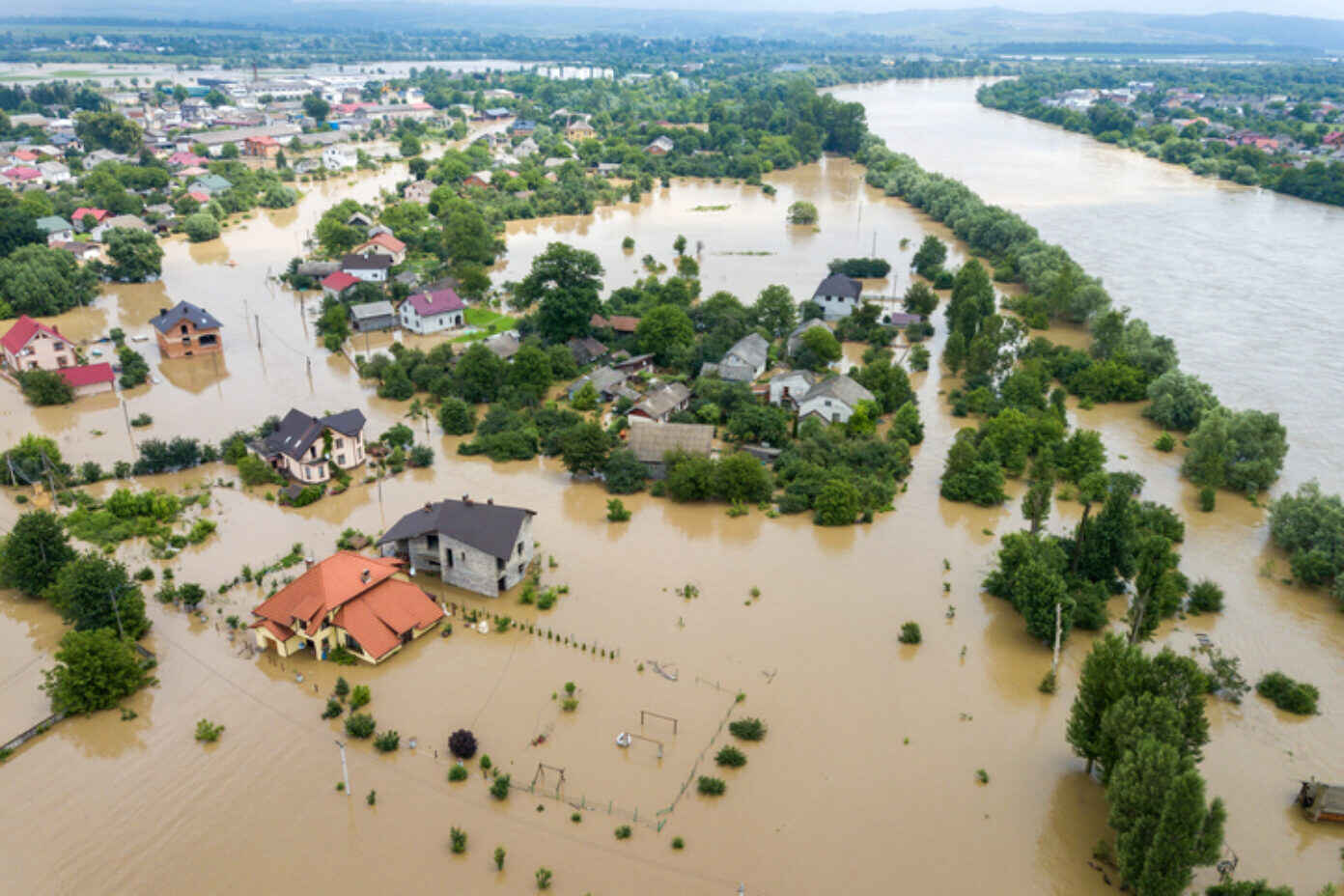Taking Action to Address the Human Health Impacts of Climate Change
November 30, 2022
Overview
The Lancet Countdown’s annual report, “Tracking Progress On Health and Climate Change,” highlights the immediate need for a health-centered response to climate change. Recognizing the need to build a shared understanding of how public health law can and should help mitigate climate change, presenters and attendees at the Network’s first-ever Climate and Health Equity Summit, held in Minneapolis in October, highlighted numerous legal and policy strategies to mitigate climate change and lessen its impacts on human health.

The Lancet Countdown released its annual report “Tracking Progress On Health and Climate Change,” in October, highlighting the immediate need for a health-centered response to climate change, as well as the health co-benefits of climate change mitigation efforts. The report listed the many, now increasingly familiar, health impacts of the continued use of fossil fuels that contribute to climate change, including: food insecurity, heat related illness or death, drought, human exposure to wild fires and wild fire smoke, more frequent life threatening weather events, increased spread of infectious disease, harmful air quality, and energy poverty. A U.S. Policy Brief issued alongside the Lancet Countdown report highlights the U.S.-specific health threats and inequitable health outcomes of continued used of fossil fuels, including 12,000 annual deaths from extreme heat, and 32,000 annual deaths from PM 2.5 air pollution. Systemic racism means that these, and other climate-change-related health harms, disproportionately impact communities of color and Indigenous communities, who are subject to higher levels of air pollution, hazardous exposures, hotter temperatures, greater susceptibility to flooding, and less tree cover and green space. The U.S. Policy Brief includes over 200 up-to-date, curated citations to evidence drawn from a variety of disciplines, and concludes with five key policy recommendations. It is a succinct and cogent call for “the health community [to] be part of climate change policy development and implementation to ensure that these efforts promote health, equity, and a just transition.”
Anticipating that call to action, presenters and attendees at the Network’s first-ever Climate and Health Equity Summit, held in Minneapolis in October, highlighted numerous legal and policy strategies to mitigate climate change and lessen its impacts on human health. It’s not possible for us to pass along all of the resources, tools, and legal strategies that were shared at the Summit in this short post, but here are some examples:
- The Green Heart Project in Louisville, Kentucky – studying how increases in urban tree canopy and green space affect air quality and health, including cardiovascular health and mental health.
- Neighborhood Air Quality Monitoring Program by Mid-Ohio Regional Planning Commission and Franklin County Public Health, to inform equity-based policy strategies.
- Southeast Florida Regional Climate Change Compact, a collaboration among four counties and their partners in southeast Florida which has spent 2022 developing its third regional climate action plan to guide coordinated climate action across the region.
- Mapping Resilience, a report prepared by APEN (the Asian Pacific Environmental Network) that analyzes 42 frameworks and tools for measuring vulnerability to climate change and environmental health indicators, as well as an assessment of data gaps and knowledge limitations and their application to policy.
- It’s Hard to Give Hope Sometimes, a survey of mental health professionals about the challenges they face in supporting clients affected by climate change; and Mental Health and Our Changing Climate: Impacts, Inequities, Responses by the American Psychological Association and ecoAmerica The week following the Summit, the Community Mental Wellness and Resilience Act was introduced in Congress.
- A policy brief discussing renewable energy standards by the Network and the Medical Society Consortium on Climate and Health, and accompanying ideas for action and advocacy from the Consortium on renewable energy standards to reduce carbon pollution, protect public health, and increase health equity
- Healthy Environment for All Act (HEAL Act) in Washington State, which creates a coordinated state agency approach to environmental justice, focused on strategic planning, community engagement, tribal consultation, targeting benefits to overburdened communities, and ongoing reporting and evaluation.
Whether or not you were able to attend the Climate and Health Equity Summit, there will be many more opportunities to answer the call to take action on climate change, including by coming together to share ideas and strengthen the contribution of public health and public health law to equitable climate resilience. We invite you to submit an abstract for the 2023 National Public Health Law Conference to be held in Minneapolis on October 24-26. As a reflection of the pervasiveness of the threat to health posed by climate change, there are opportunities to share solutions and address challenges to increasing climate resilience and creating environmental justice throughout the agenda.
This post written by Betsy Lawton, JD, Deputy Director, and Jill Krueger, JD, Director of the Network for Public Health Law – Northern Region Office.
The Network for Public Health Law provides information and technical assistance on issues related to public health. The legal information and assistance provided in this document do not constitute legal advice or legal representation. For legal advice, readers should consult a lawyer in their state.
Support for the Network is provided by the Robert Wood Johnson Foundation (RWJF). The views expressed in this post do not represent the views of (and should not be attributed to) RWJF.
